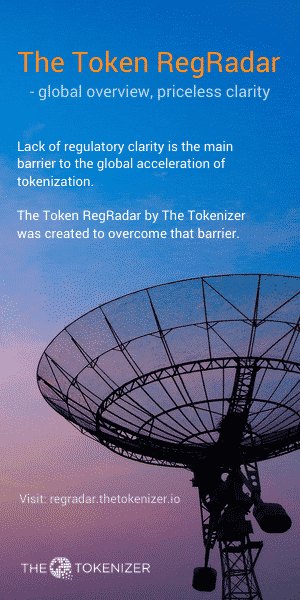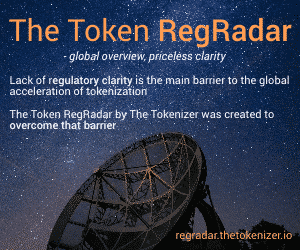Tokenization of Real-World Assets: Unlocking a New Era of Ownership, Trading, and Investment
A recent report by Roland Berger explores the tokenization of real-world assets (RWAs), which is the process of converting ownership of physical assets into digital tokens that can be traded on a blockchain. The report argues that tokenization has the potential to revolutionize the way that assets are owned, traded, and managed.
Some of the key benefits of tokenization highlighted in the report include:
- Increased efficiency and transparency: Tokenization can reduce the costs and time associated with asset transactions, and it can also provide greater transparency into asset ownership and trading.
- Fractional ownership: Tokenization allows for fractional ownership of assets, which can make them more accessible to a wider range of investors.
- New investment opportunities: Tokenization can open up new investment opportunities in asset classes that were previously difficult or impossible to invest in, such as private equity and real estate.
The report additionally discusses some of the challenges that need to be addressed before tokenization can be widely adopted, such as regulatory uncertainty and the lack of standardization. However, the report concludes that the potential benefits of tokenization outweigh the risks, and that it is poised to play a major role in the future of financial markets.
The tokenization of RWAs is a rapidly growing trend, with the total market estimated to reach USD 10 trillion by 2030. This growth is being driven by a number of factors, including the increasing adoption of blockchain technology, the rising demand for fractional ownership, and the need for more efficient and transparent asset trading.
The Roland Berger report provides a valuable overview of the tokenization of RWAs and its potential impact on the financial markets. It is a must-read for anyone who is interested in learning more about this emerging trend.
View the full report below.
Photo by Tincho Franco on Unsplash
Read other stories: Dimensa Partners with Agrotoken to Introduce Innovative Agricultural Asset Transactions
You Might also Like















